Bratránek z Batávie (1976)
Genre : Music, Comedy
Runtime : 0M
Director : Norbert Snítil
Writer : Norbert Snítil
Synopsis

A shy young man with a passion for opera has his world turned upside down by a con artist who really does have a heart of gold.
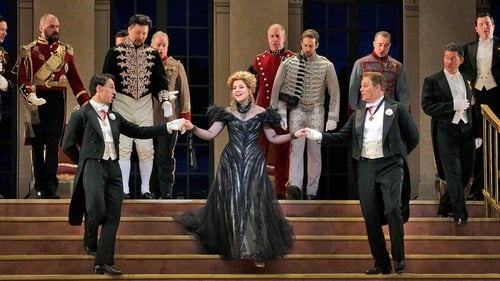
Renée Fleming lights up the Met stage as Hanna Glawari, the fabulously wealthy widow of the title in Lehár’s beloved operetta, set in Paris and seen in a glittering production directed and choreographed by Broadway’s Susan Stroman. Nathan Gunn is Danilo, Hanna’s former flame, who is supposed to woo and marry her in order to keep her fortune in their home country of Pontevedro. Kelli O’Hara sings Valencienne, the flirtatious young wife of the Pontevedrian ambassador in Paris, Baron Zeta, played by Thomas Allen, and Alek Shrader is her suitor, Camille. Andrew Davis conducts the waltz-rich score, and the new English translation is by Jeremy Sams.

A musical drawing room farce set in Paris in October, 1925. Gilberte, in middle-age, flirts with men but loves her husband Georges, wishing he were more demonstrative. He's negotiating a deal with an American, Eric Thomson, who turns out to be Gilberte's first husband from an annulled and secret stateside marriage. Along with her sister Arlette, Gilberte begs Eric not to tell Georges about the marriage. Meanwhile, a young artist, Charly, pursues Gilberte while Arlette tries to match him with the young Huguette, who loves him. Will Eric play along or try to re-win Gilberte's affection? Can Gilberte play one off against another? And who will manage to kiss whom on the lips?

Witty, fun, intoxicating film of Johann Strauss II's popular operetta, based on a stage production from Vienna State Opera; this is a showcase for the entire cast, but most especially Eberhard Wächter as the insufferably boorish Gabriel Eisenstein, and Gundula Janowitz as his long-suffering wife. Open the champagne, have yourself some torte, and enjoy this delectable comedy from Vienna.

Eisenstein gets in trouble for shooting a grouse. He is told that he must go to prison for his crime. However, his friend has invited him to an aristocratic ball. Eisenstein, despite being married, wants to go to the ball to meet women. Eisenstein lies to his wife. He tells her that he is going to prison but actually he goes to the ball. His story arises the suspicion of his wife. His wife devises a plot to catch her womanizing husband.

In this three-act operetta by Hungarian composer Emmerich Kálmán, a dashing and mysterious circus performer is hired by a disappointed suitor of Princess Fedora Palinska to pose as a nobleman and marry her. This 1969 performance was produced for West German television.

Kálmán Imre's beloved operetta comes to the screen in this comedy of music, marriage and class set in Budapest and Vienna before the outbreak of the First World War, recorded at the Budapest Opera in 1963.

Lehar romantic operetta set in Russia about a beautiful dancer who is set up to attract a tsar's son, and they fall in love. Beautiful settings and wonderful music.
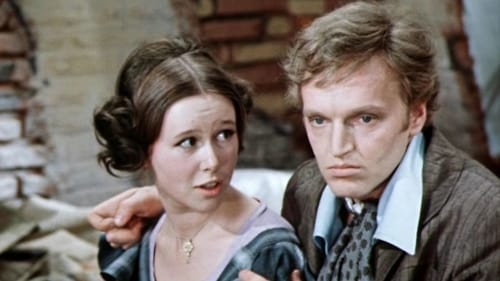
A story of three struggling artists: a painter, a poet, and a composer, living in a bohemian Montmartre district of Paris. They help a poor flower girl, Violette, to find shelter, when she is thrown out by her landlord.

"Sailors" - A musical comedy about Kalle Svensson, a sergeant in the navy, and his loved one Nanette Raquette who works as a gymnastics teacher.
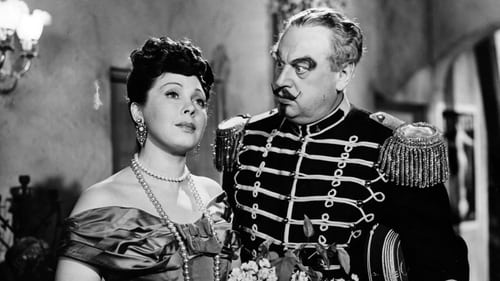
Celestin is the singing teacher in a monastery and Denis is one of her students. They both dream about the life outside. (It's a Swedish version of the famous vaudeville-opérette "Mam'zelle Nitouche").

In the Temesvar Province, a landowner returned from exile marries a gypsy girl who is revealed to be the daughter of a Turkish Pasha and the rightful owner of a hidden treasure. Next to "Die Fledermaus", DER ZIGEUNERBARON is Johann Strauss’s most popular operetta. The libretto gave Strauss the chance to revel in such contrasting musical forms as the Csárdás and the Viennese waltz. The style of the lied forms and ensembles is so original and finely balanced that the "Gypsy Baron" can truly be called a comic opera. Among the leading names of the stellar cast in this exuberant 1975 film of the operetta are Wolfgang Brendel, Ivan Rebroff, Janet Perry, Ellen Shade, Martha Mödl and, in the role that launched his career, Siegfried Jerusalem as Sándor Barinkay.

Young Austrian Archduke Paul "Gustl" Gustave is in an arranged engagement but his uncle, the emperor, decides to let Gustl carry on a fling with ballet dancer Lisl Gluck.
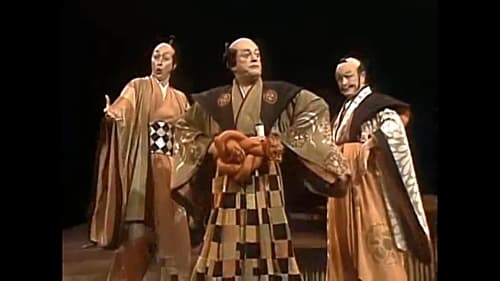
In a mythical Japan, Ko-Ko, a cheap tailor, has been appointed Lord High Executioner and must find someone to execute before the arrival of the ruling Mikado. He lights upon Nanki-Poo, a strolling minstrel who loves the beautiful Yum-Yum. But Yum-Yum is also loved by Ko-Ko, and Nanki-Poo, seeing no hope for his love, considers suicide. Ko-Ko offers to solve both their problems by executing Nanki-Poo, and an agreement is reached whereby Ko-Ko will allow Nanki-Poo to marry Yum-Yum for one month, at the end of which Nanki-Poo will be executed, in time for the arrival of the Mikado. But what Ko-Ko doesn't know is that Nanki-Poo is the son of the Mikado and has run away to avoid a betrothal to an old harridan named Katisha. The arrival of the Mikado brings all the threads of the tale together. This is the Stratford Festival of Canada, directed by Brian Macdonald. This is a filmed version of a stage performance, and the sets are beautifully spare and economical.
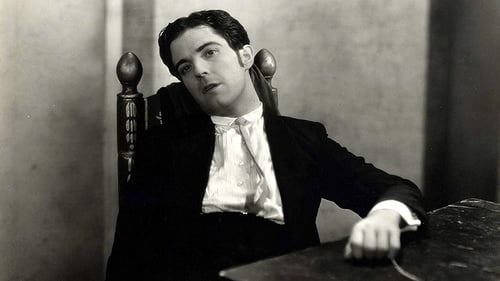
A student nun falls in love with a Mexican singer starring in a cafe next door to her convent.

A newspaper reporter and the daughter of an immigrant maintenance man help expose political corruption in New York City.
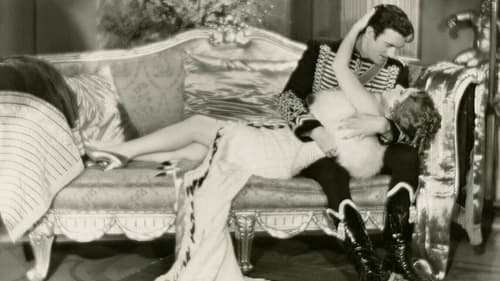
As they are leaving the church following their wedding, Count Adrian Beltrami and Countess Anna-Marie are told that the Austrians are marching on the town to quell an Italian uprising. The bride and relatives induce the count to flee to his castle, but Tangy, a silhouette cutter, brings word from the revolutionary committee asking him to return; the count goes, asking Tangy to pose as the count and protect Anna-Marie.

Country girl Margit sits for the artist Sándor, from Budapest. She is fascinated and charmed by him, and agrees to accompany him to the capital, so he can complete the painting there. Disillusionment sets in, however, when Sándor wins a prize with the finished portrait and loses interest in her. Margit recognizes that her true happiness lies at home, with Pista, her faithful lover.
















